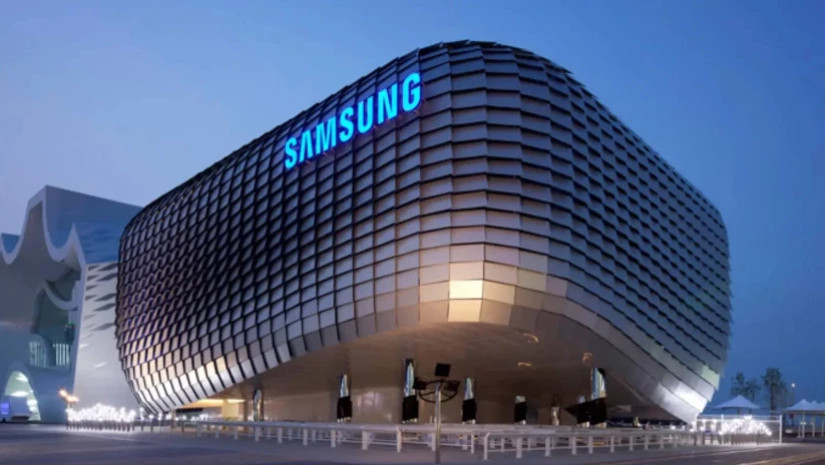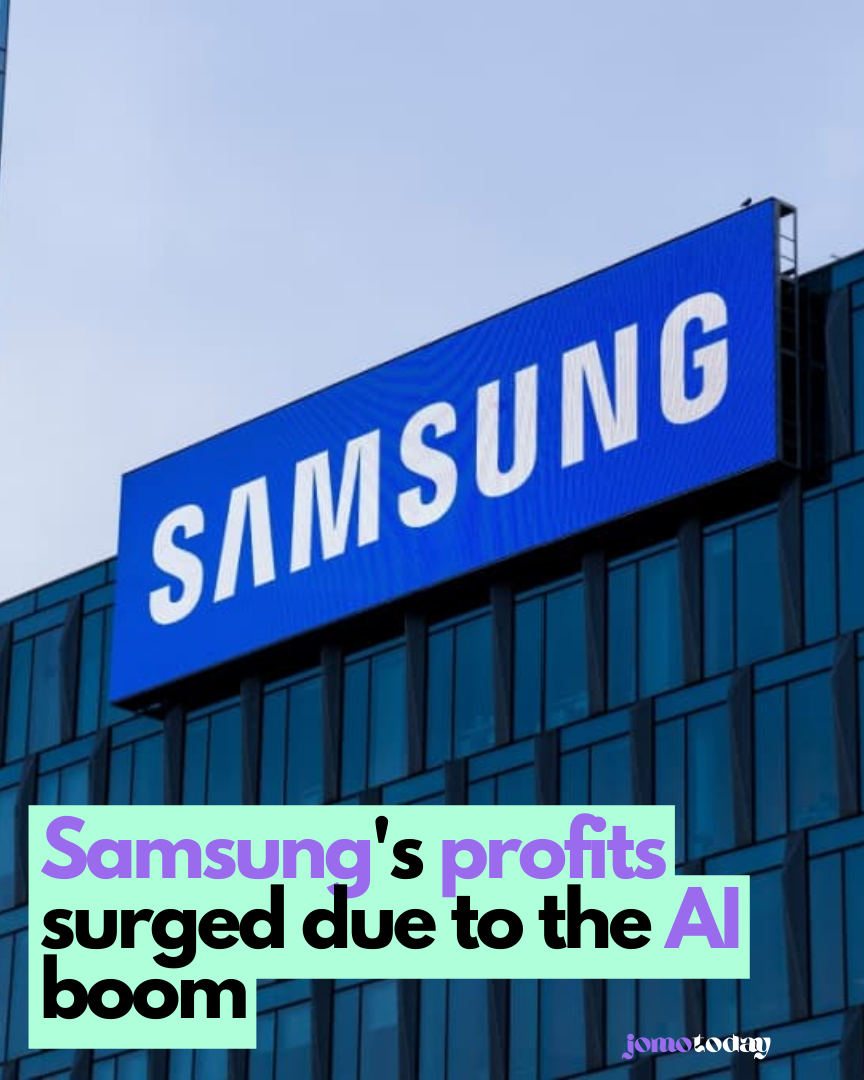Samsung Electronics predicts that demand for artificial intelligence will remain robust, leading to a tightening of supply for certain high-end chips. This mirrors the trend seen among competitors, who are also capitalizing on the resurgence of the global memory chip market after a period of decline.

The optimistic forecast from the world’s largest memory chip manufacturer led to a 1.8% increase in its shares on Tuesday following a report of over a tenfold surge in first-quarter operating profit.
However, Samsung shares have experienced a 0.8% decline year-to-date, trailing behind SK Hynix’s impressive 24% gain, as it endeavors to narrow the gap with its smaller competitor in supplying top-of-the-line chips such as high bandwidth memory (HBM) to AI leader Nvidia.
Jaejune Kim, a Samsung vice president overseeing the memory division, announced during an earnings call, “We aim to boost the supply of HBM-related chips in 2024 by more than threefold compared to last year.”
Samsung disclosed that it has commenced mass production this month of the latest HBM chips, dubbed 8-layer HBM3E, for utilization in generative AI chipsets. The company is seizing the opportunity presented by the AI surge, which has favored SK Hynix, the previous sole supplier of HBM3 chips to Nvidia.
The company outlined plans to initiate production of the 12-layer version in the second quarter and anticipates that the newest HBM3E offerings will represent two-thirds of its HBM output by the end of the year.
Analysts remarked that these objectives are ambitious.
According to Jeff Kim, head of research at KB Securities, “Samsung’s 8-layer HBM3E seems to be supplying Nvidia, while the 12-layer variant may cater to AMD and Nvidia.”
Kim suggested that due to Samsung’s technology being beneficial for high-stacking and SK Hynix excelling in 8-layer configurations, there could be a scenario where Nvidia procures 12-layer products from Samsung and primarily obtains 8-layer products from SK Hynix.
He also mentioned Samsung’s efforts to enhance the yield of its 12-layer product.
Samsung has yet to respond to inquiries regarding its HBM customers.
Samsung announced plans to increase its range of high-end solid-state drive (SSD) products in response to the growing demand for AI servers. They anticipate a tightening supply of high-end memory chips by the year’s end, as capacity shifts towards HBM, aligning with similar statements made by SK Hynix recently.
Samsung’s revenue for the first quarter surged by 13% to 71.9 trillion won ($52.14 billion), with a notable 96% boost in memory chip revenue reaching 17.49 trillion won, driven partly by the AI boom amidst a significant price upturn.
Operating profit soared to 6.6 trillion won between January and March, a substantial leap from 640 billion won recorded in the previous year, marking the company’s highest operating profit since Q3 2022.
The chip division, traditionally a key revenue generator for Samsung, rebounded strongly, turning a profit of 1.91 trillion won in the March quarter after suffering a 4.58 trillion won loss a year earlier – marking its first profit since Q3 2022.
During the first quarter, prices for NAND flash chips, used for data storage, saw an increase ranging from 23% to 28% compared to the previous quarter, while DRAM chip prices, crucial for tech devices, rose by approximately 20%, according to data from TrendForce.
Samsung’s mobile devices division recorded an operating profit of 3.51 trillion won in the first quarter, marking a decrease from 3.94 trillion won in the same period last year. Despite shipping approximately 60 million smartphones, matching the previous year’s performance, Samsung regained its position as the world’s leading smartphone vendor, surpassing Apple (AAPL), which faced declining sales in China.
Increased costs, notably elevated memory chip prices, impacted margins for its flagship Galaxy S24 smartphones launched during the quarter. Samsung highlighted the role of AI features in driving sales of the S24 phones, enabling the division to maintain double-digit profitability in the first quarter. According to the company, around 50% of customers cited the AI functions as their reason for purchasing S24 phones, with 60% regularly utilizing these features.
Read More: TikTok faces scrutiny in Washington again
Disclaimer:
This content is AI-generated using IFTTT AI Content Creator. While we strive for accuracy, it’s a tool for rapid updates. We’re committed to filtering information, not reproducing or endorsing misinformation. – Jomotoday for more information visit privacy policy






Leave a Comment